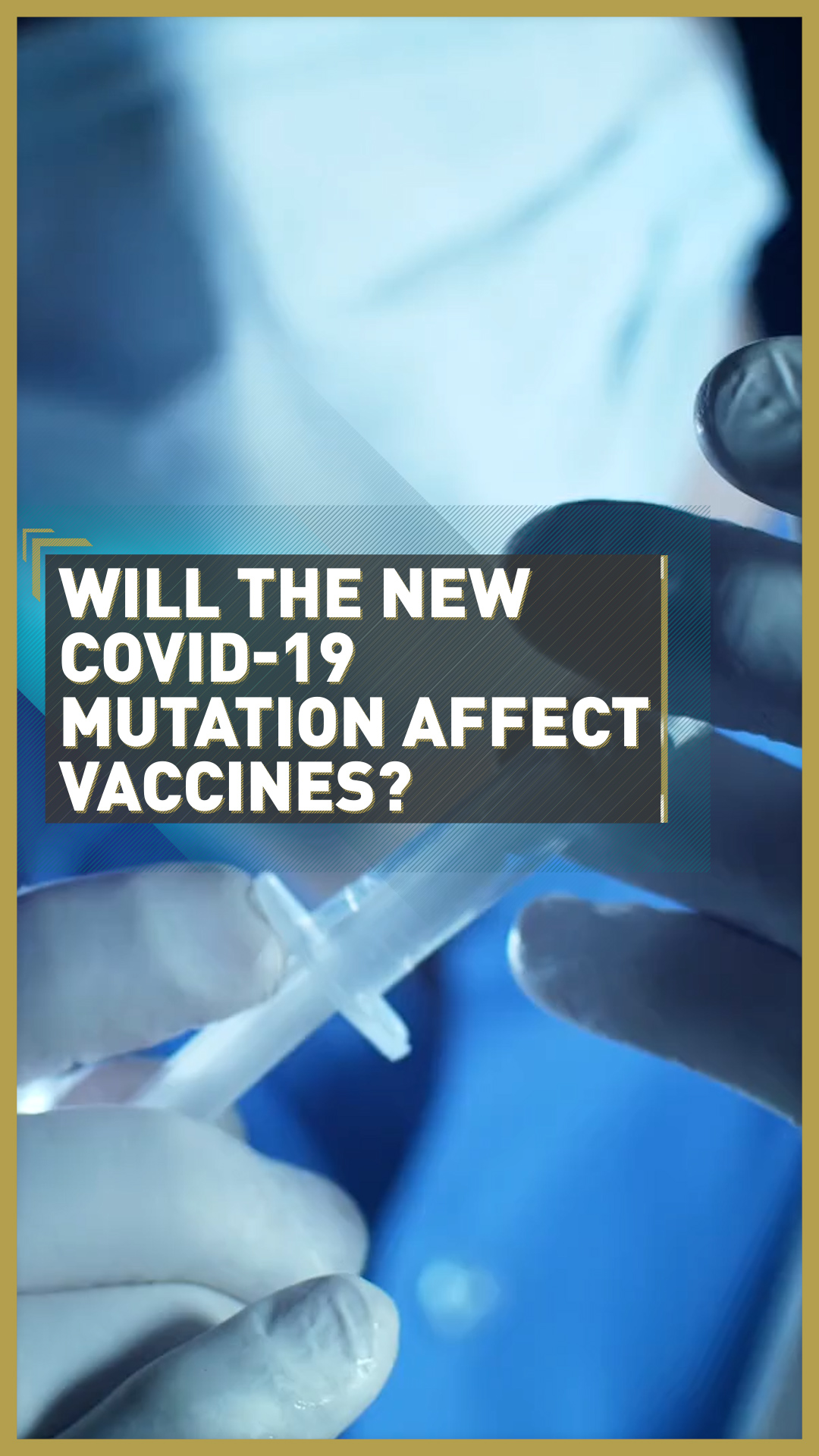02:04

COVID-19 has mutated again, creating a possibly more contagious version of the virus – but experts argue vaccines will still be effective despite this change.
This new variant is estimated to be between 40 and 70 percent more contagious than previous variations of the virus.
And more than 60 percent of infections in London were caused by the new one. However, it does not increase the severity of symptoms in those who become infected.
It has also been reported in small numbers across Europe, including in Denmark and the Netherlands.
Why has the virus mutated?
COVID-19 mutations are not new, or even unexpected. Viruses mutate regularly and coronavirus is no different. And this new variant is not expected to affect vaccine roll-outs.
"[This variant] is not unique by any means," said Paul Hunter, professor of medicine at the University of East Anglia.
"There are many thousands of mutations of COVID-19 around the world. Most of the time that a mutation happens, it doesn't do anything of importance."
Updates to existing COVID-19 vaccines were also expected, according to Jackie Cassell, a professor at Brighton and Sussex Medical School.
"It's worth emphasizing that coronavirus vaccine, like the flu vaccine, is a vaccine that we've always known that we'd always have to update as things moved on," she said.
"So, while this is early and it is genuinely, potentially worrying, it is absolutely the kind of job of vaccine developers to be thinking what comes next and always be looking for the new strains that might be particularly worrying."
Vaccines are also regularly tweaked after mutations, and the flu shot is updated yearly.

Ugur Sahin, CEO of BioNTech, said the virus will stay with us for the next 10 years. /AFP/ Sajjad Hussain
Ugur Sahin, CEO of BioNTech, said the virus will stay with us for the next 10 years. /AFP/ Sajjad Hussain
Ugur Sahin, the CEO of BioNTech – which developed a COVID-19 vaccine with Pfizer – also told reporters that only 1 percent of the virus has mutated, making available vaccines still effective. He added that if it does mutate again, it'll take just six weeks to update the current inoculations.
However, experts are concerned about what this specific mutation means for the spread of COVID-19.
While the vaccine would theoretically still be effective, Sahin said it would take two weeks to know for sure – there could still be high infection rates as the virus now moves faster than people are inoculated.
There is also a growing number of people who say they will refuse to take the vaccine.
Hunter added: "What we may end up seeing, sadly, is that although people who have had the vaccine are less likely to die, it may well be the case that we still see high fatality rates in people who have opted not to receive the vaccine.
"We may well still end up with quite a few very sick people and deaths because of this increased infectivity."
Video editor: David Bamford.

